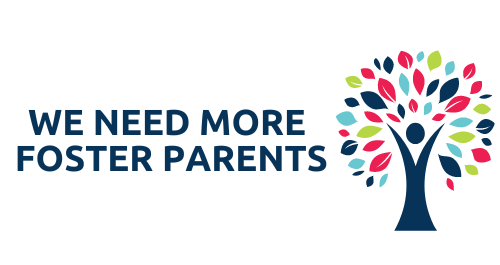Basic Requirements
The prospective foster/adoptive parents may be single or married and must:
- be at least 21 years of age, financially stable, and responsible mature adults,
- complete an application (staff will assist you, if you prefer),
- share information regarding their background and lifestyle,
- provide relative and non-relative references,
- show proof of marriage and/or divorce (if applicable),
- agree to a home study which includes visits with all household members,
- allow staff to complete a criminal history background check and an abuse/neglect check on all adults in the household, and
- attend free training to learn about issues of abused and neglected children.
Additional Foster Care Requirements
In addition to the basic requirements, foster parents must:
- have adequate sleeping space.
- allow no more than 6 children in the home including your own children or children for whom you provide daycare.
- agree to a nonphysical discipline policy.
- permit fire, health and safety inspections of the home.
- vaccinate all pets.
- obtain and maintain CPR/First Aid Certification.
- obtain TB testing as required by the local Health Department for household members.
- attend 20 hours or more of training each year.
Responsibilities of Foster and Adoptive Families
Foster Parents:
- provide daily care and nurturing of children in foster care;
- advocate for children in their schools and communities;
- inform the children’s caseworkers about adjustments to the home, school, and community, as well as any problems that may arise, including any serious illnesses, accidents, or serious occurrences involving the foster children or their own families;
- make efforts as team members with children’s caseworkers towards reunifying children with their birth families;
- provide a positive role model to birth families and
- help children learn life skills.
Adoptive Parents:
- provide permanent homes and a lifelong commitment to children into adulthood;
- provide for the short-term and long-term needs of children;
- provide for children’s emotional, mental, physical, social, educational, and cultural needs, according to each child’s developmental age and growth;
- may become certified as a foster family and accept children who are not legally free for adoption, but whose permanency plan is adoption.
Give us a call or fill out a contact request and we can help you with more information.
